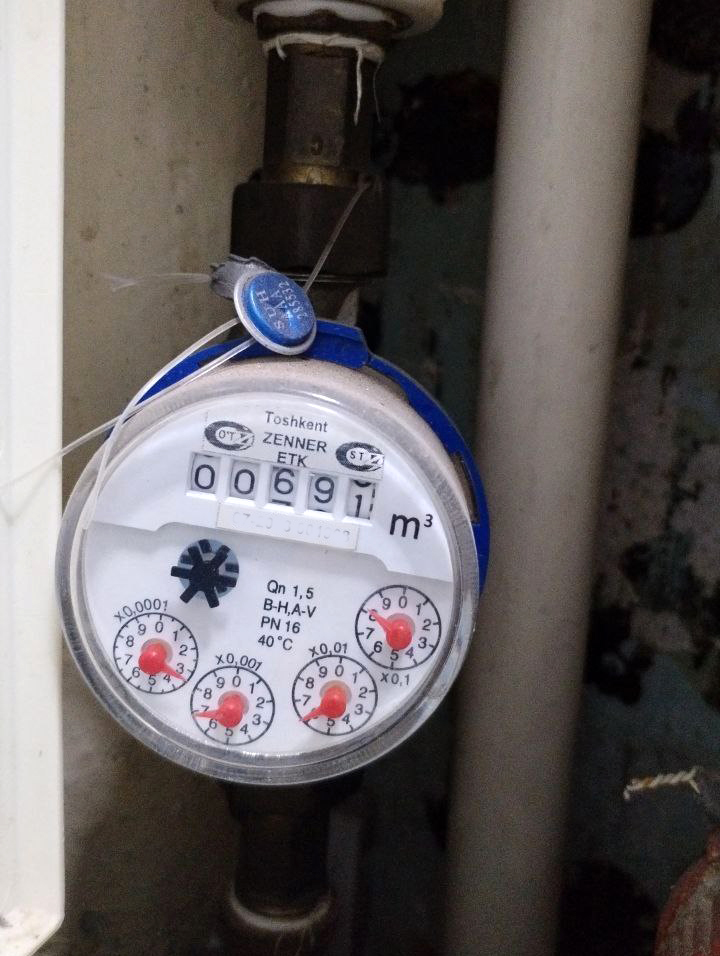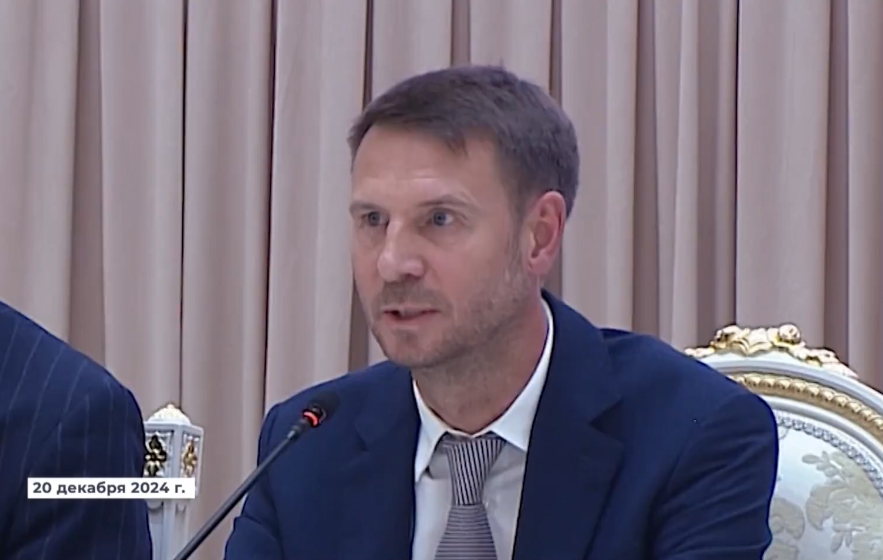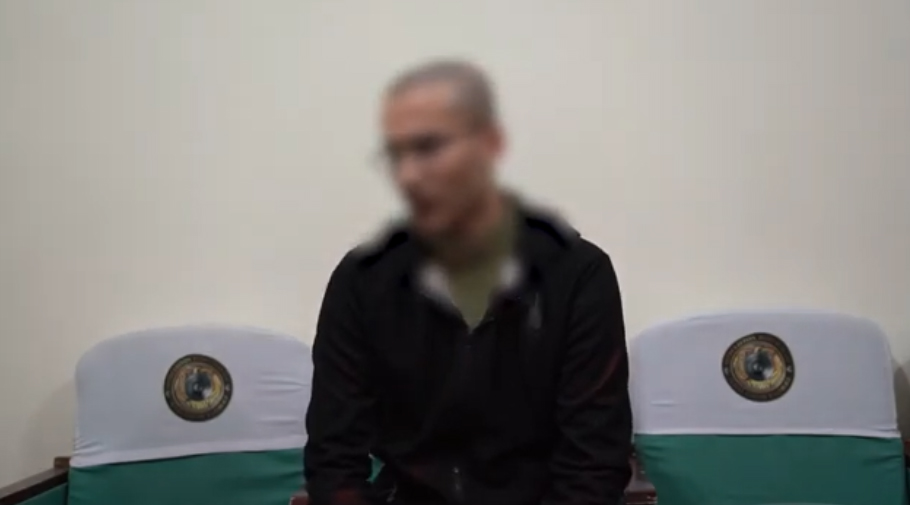This article is also available in:
Русский (Russian)
Uzbek
Today, social networks are flooded with inappropriate content created by local bloggers in their pursuit of hype. Pranks, which have taken over the internet, have long ceased to be harmless jokes and have turned into a real threat to the peace and safety of ordinary people. One of the recent incidents took place at the Galmart supermarket in Tashkent City Mall, where a group of irresponsible bloggers attempted to film a “funny” prank, but instead provoked anger and frustration among shoppers. The essence of the prank was that a girl ran up to customers and took their purchases, hoping for an over-the-top reaction that the bloggers could capture on camera.
What happened?
The incident began when a young girl, one of the bloggers, approached customers and, without saying a word, started taking their chosen products. Her goal was obvious — to create a stressful situation and capture the reaction on camera. All of this happened in front of passersby, while another blogger filmed the event on a phone for subsequent posting on social media.
Here’s what one of the victims said:
“We were shopping when this girl came up to us and just started taking our bags. We didn’t make a scene but calmly said that if she wanted to take the bags, she could pay for them at the checkout. Later, they explained that it was a prank and were filming it for their blog. Our mood was completely ruined, and we asked them to delete the video, which they reluctantly agreed to. However, the rest of the day was already spoiled,” she noted.
The victims remained calm, but their mood was ruined. They were forced to finish their shopping and demand the deletion of the video, which was filmed without their consent. The bloggers grudgingly deleted the footage, but not immediately and not completely, showing blatant disregard for the personal boundaries of others.
The worst part, according to the victims, was that the supermarket security handled the situation poorly, sending them from one security officer to another, and then to the administrator. In the end, they decided not to waste any more time and simply left. We can only hope the supermarket will take some action to protect its customers in the future.
Unfortunately, this incident is not unique
Social media is filled with videos of “jokes” where local bloggers approach passersby with toy guns, stage fake fights, and harass people in the streets.
Pranks: not funny, but dangerous
At first glance, pranks may seem like a fun way to entertain, but in reality, such actions often lead to serious consequences. These “jokes” create stressful and conflict situations that can escalate into something much more serious. In moments of tension, people may react aggressively, which can easily lead to altercations, fights, and even accidents.
Not only do bloggers threaten the peace of those around them, but they also break the law by filming people without their consent and posting it publicly. Uzbekistan’s legislation, like in many other countries, requires consent for filming, especially when it involves private individuals in public places.
Moreover, pranks can cause not only moral discomfort but also physical danger. Imagine someone reacting sharply to such actions — possibly out of fear or shock. In a stressful state, a person may unintentionally harm themselves or others, or even start a fight, not realizing it’s just a “joke.”
Additionally, such pranks can trigger uncontrollable reactions. For example, if a person suffers from heart disease or a nervous disorder, the consequences can be tragic. In the case of the supermarket, where the pranksters tried to provoke shoppers, the situation could have turned out much worse. The stress of an unexpected “robbery” could have easily caused panic, endangering not only the participants but also everyone nearby.
Why society must resist
Irresponsible bloggers who try to “entertain” themselves at the expense of normal citizens must understand that their actions can have serious consequences. Social norms and rules exist for a reason: they protect personal boundaries and the safety of each individual. When someone breaks these norms for the sake of likes and views, it’s no longer a joke — it’s hooliganism.
Society must resist such “pranks” and not leave them unpunished. Those who have faced such situations share useful advice: if pranksters begin to violate your personal boundaries, do not hesitate to film them, call law enforcement, and file a complaint. At the very least, the pranksters can be fined for petty hooliganism.
Pranks for hype are not jokes but a threat to public order and safety
Any one of us could become a victim of such “jokes,” and this requires action from both authorities and citizens. Accountability must be inevitable: only this way can we prevent the further spread of inappropriate behavior in public places. We must all remember: one person’s freedom ends where another person’s freedom begins. No amount of likes or views can justify violating personal boundaries and the safety of others.
What does the law say?
In September 2016, the Administrative Code and the Criminal Code were amended to include provisions for liability for violating privacy rights.
According to the new Article 46-1 of the Administrative Code, illegal collection or dissemination of information about a person’s private life, constituting their personal or family secret, without their consent is punishable by a fine of 10 to 40 BRV (basic reference value).
Committing the same actions after administrative penalties are imposed is punishable by a fine of 50 to 100 BRV or corrective labor for up to two years. This is outlined in the new Article 141-1 of the Criminal Code.
Similar actions that result in serious consequences, committed for personal gain or by a dangerous repeat offender, are punishable by a fine of 100 to 200 BRV or restriction of freedom for one to three years, or imprisonment for up to three years.
However, a person who committed this crime may be exempt from criminal liability if they admitted their guilt, reconciled with the victim, and compensated for the harm caused.
The article may contain inaccuracies as it is translated by AI. For more details, please refer to the Russian version of the article. If you notice any inaccuracies, you can send corrections via the Telegram bot: Uzvaibik_bot.











